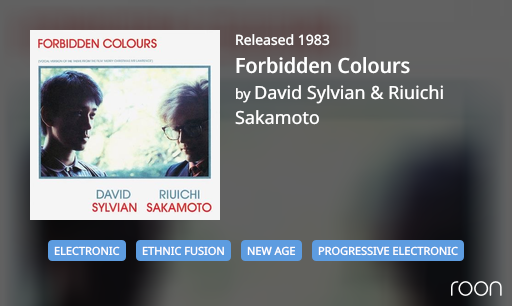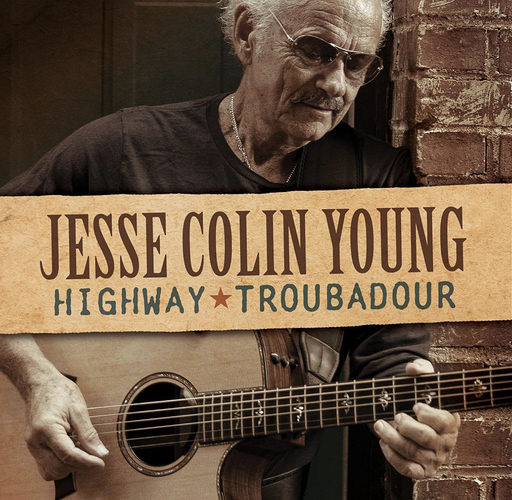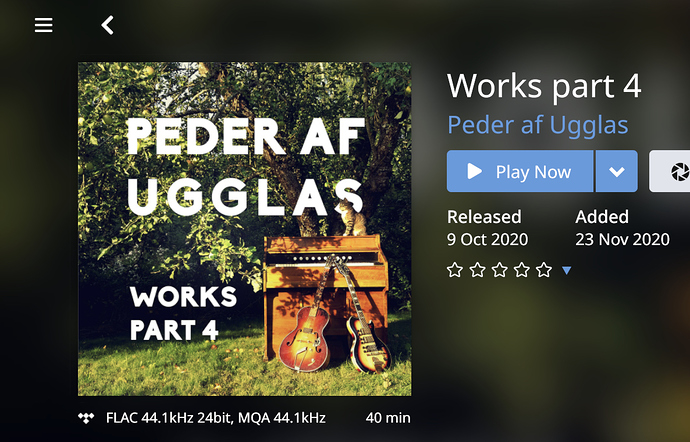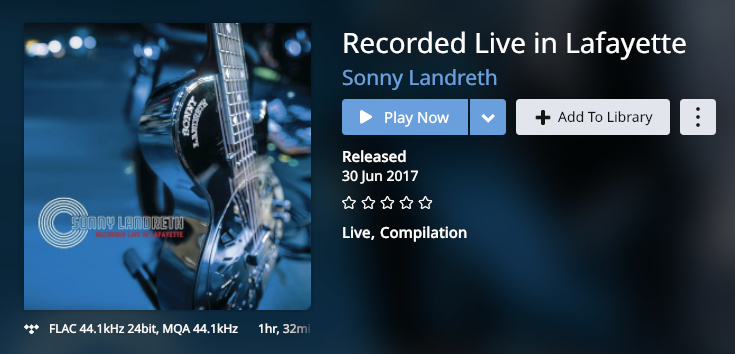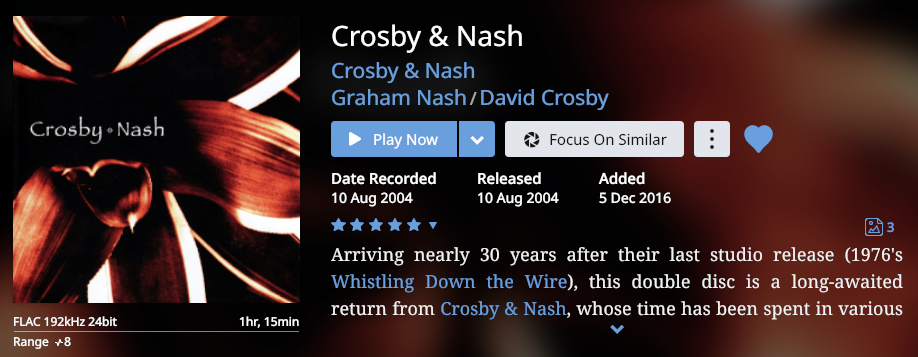Will definitely have to check that out.
I hope you can find it in the best format.
Thanks Anup, but the package already contains 2 stereo mixes that are easy to convert to hi res FLAC with foobar.
Glad to hear it, hope the purchase was worth it 
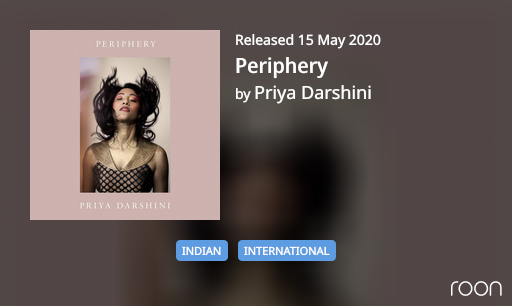
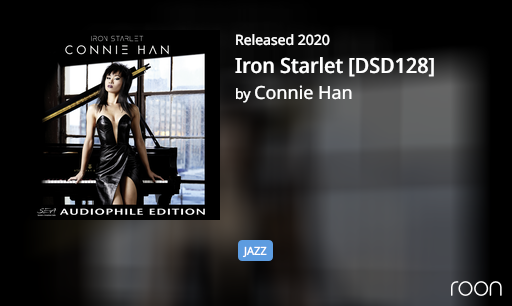
Not quite up to the I, Robot SQ, but pretty darn good off the Blu-ray at 192/24.
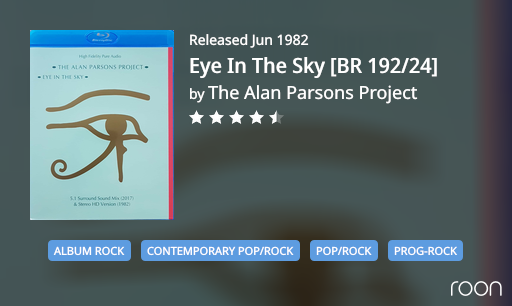
And our best concert of all time!
2.5 hour long in Paradiso, Amsterdam - 03-02-2005
Graham Nash with bare feet …
Superb.
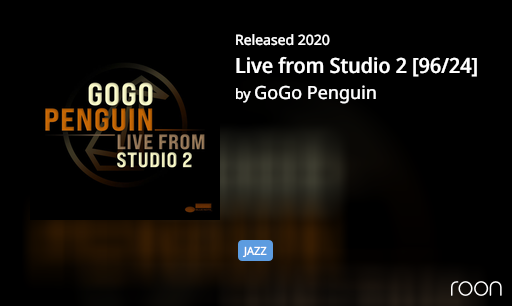
@PaleRider
Hi Greg
I looked up Iron Starlet and saw that it was recorded in 24/96 (see the provenance box on the right). I was wondering whether you had compared the DSD128 you posted with the 24/96 on Qobuz?
Rudi
Hey Rudi. In fact, I am in the process of doing so. It was recorded in 24/96, but remastered in DSD256. I have three versions (24/96, 128 and 256), and plan to listen closely to them. I also wrote Cookie Marenco and asked her if she thought there were specific benefits to be gained from the 256 remastering. Not sure when I will get a chance to listen critically to all three, but I hole to this month. I will probably do the listening on the MSB headphone system where I don’t have to do any downsampling in Roon And I really like the album.
If it was recorded in 24/96 then I am unsure that I would use the term "mastered " in the usual sense in respect of a DSD256 version. Not only is it just a transcoded version it has also been transcoded to a format that is not an integer of 96. Which has its own potential sonic disadvantages.
This is just another example of the numbers game that infects our hobby . Record labels will basically do anything to generate a sale. As one executive said a few years ago about formats " If they want it on cabbage leaves we will provide it on cabbage leaves".
Interested in hearing if you get a response from Cookie. NB: How do you replay your DSD256 version via your Vivaldi?
I’m as cynical as the next guy ![]() , but that’s not entirely true here. And while I understand the transcoding issues/concerns, Blue Coast has been a consistent stalwart supporter/advocate of the sonic benefits of working in DSD. But they’re not trying to upsell/resell people on the basis of ignorance or marketing fluff. They offer a number of tracks on their site downloadable for free to people who want to asses whether their equipment and their ears can tell the difference. If not, no need to spend extra money.
, but that’s not entirely true here. And while I understand the transcoding issues/concerns, Blue Coast has been a consistent stalwart supporter/advocate of the sonic benefits of working in DSD. But they’re not trying to upsell/resell people on the basis of ignorance or marketing fluff. They offer a number of tracks on their site downloadable for free to people who want to asses whether their equipment and their ears can tell the difference. If not, no need to spend extra money.
Blue Coast describes their remastering process somewhere on their site, and as soon as I find the link, I’ll edit this post to include it. Here’s the first description, very high level and non-technical, of remastering from DSD64 to DSD256. Granted, not the same as a 96/24 conversion.
Generally, I try to acquire hires downloads in their original recording domain/spec. If, as is more often the case these days on the small audiophile labels—hint, hint—the recording was made in 256DSD, I will buy that version and let Roon do the downsampling for the Vivaldi. The MSB plays those files straight up. If I want to compare the files critically, I may acquire a 128 version, or see if Qobuz has a 96 or 192 version that suggests sonic differences. I make those comparisons of course on the MSB, usually with the Stax or RAAL headphones.
In conversing with Bill Dudleston, I observed that I am listening to my speaker system for hours a day now, and almost never critically. It’s too enjoyable to suck the joy out with critical listening. The lone recent exception has been the SRS/Cybershaft reference clock comparison. And a lot of that was done with a Mjölner Carbon CC amp and Stax SR-009S that I inserted after the Vivaldi.
![]()
![]()
![]()
Qobuz have the 96/24 version of Iron Starlet.
Yep, thanks, I know; I already have it, but probably won’t be listening to it until next week.
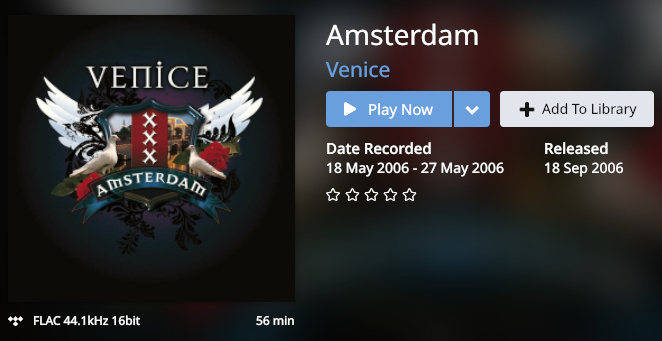
Great CD.
This music was recorded with dCS PRO A/D converters.
So if you have a dCS DAC … let’s listen how good this sounds.
https://www.northstarconsult.nl/hardware/dcs
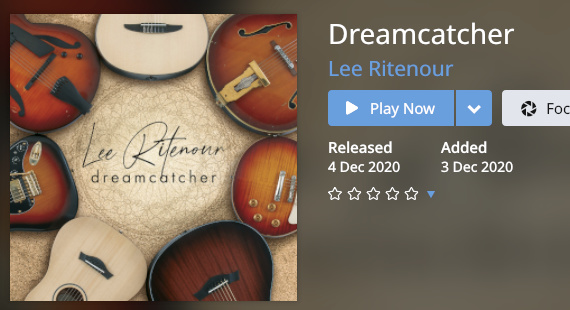
On ‘Dreamcatcher’, Lee Ritenour is celebrating 60 years of playing guitar with a first ever ‘solo guitar’ album. The 12-tracks of the album rank amongst the most melodic and tinglingly beautiful in Ritenour’s catalogue.
